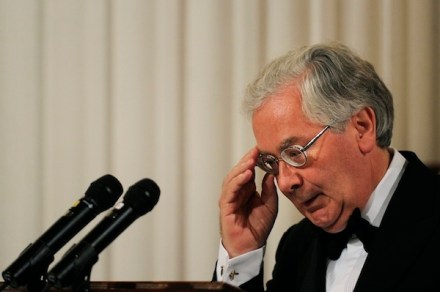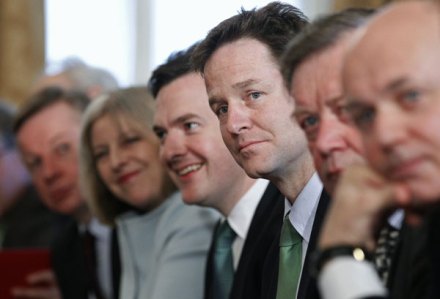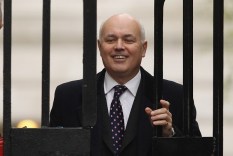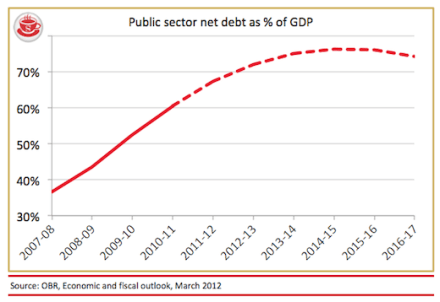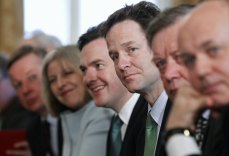Libor and what the Bank did and didn’t know
Listening to Mervyn King and his Bank of England deputy Paul Tucker over the past few days, you’d have thought they only found out about Libor manipulation with the rest of us, three weeks ago. Appearing before the Treasury Select Committee this morning, King stated that ‘the first I knew of any alleged wrongdoing was when the report came out two weeks ago’. But documents from the New York Federal Reserve, made public as part of the US Congress’s investigation, suggest that US authorities did know, and tried to warn the Bank of England that manipulation was going on. First, the transcript of a phone call on 11 April 2008 between a Barclays
